Further, still, anxious not to be misunderstood or found guilty of depreciating the labor of any of our scientists, the author closes his essay by remarking, “We merely want to show that, at least, that portion of the public which considers itself intelligent and enlightened should cultivate its memory, or remember the ‘advanced’ thinkers of the past much better than it does. Especially should those do so who, whether from the desk, the rostrum, or the pulpit, undertake to instruct all willing to be instructed by them. There would then be much less groundless apprehension, much less charlatanism, and above all, much less plagiarism, than there is.”
Truly says Cudworth that the greatest ignorance of which our modern wiseacres accuse the ancients is their belief in the soul’s immortality. Like the old skeptic of Greece, our scientists — to use an expression of the same Dr. Cudworth — are afraid that if they admit spirits and apparitions they must admit a God too; and there is nothing too absurd, he adds, for them to suppose, in order to keep out the existence of God. The great body of ancient materialists, skeptical as they now seem to us, thought otherwise, and Epicurus, who rejected the soul’s immortality, believed still in a God, and Demokritus fully conceded the reality of apparitions. The preexistence and God-like powers of the human spirit were believed in by most all the sages of ancient days. The magic of Babylon and Persia based upon it the doctrine of their machagistia. The Chaldean Oracles, on which Pletho and Psellus have so much commented, constantly expounded and amplified their testimony. Zoroaster, Pythagoras, Epicharmus, Empedocles, Kebes, Euripides, Plato, Euclid, Philo, Boehius, Virgil, Marcus Cicero, Plotinus, Iamblichus, Proclus, Psellus, Synesius, Origen, and, finally, Aristotle himself, far from denying our immortality, support it most emphatically. Like Cardon and Pompanatius, “who were no friends to the soul’s immortality,” as says Henry More, “Aristotle expressly concludes that the rational soul is both a distinct being from the soul of the world, though of the same essence,” and that “it does preexist before it comes into the body.”
Years have rolled away since the Count Joseph De Maistre wrote a sentence which, if appropriate to
the Voltairean epoch in which he lived,
Page 252
applies with still more justice to our period of utter skepticism. “I have heard,” writes this eminent man, “I have heard and read of myriads of good jokes on the ignorance of the ancients, who were always seeing spirits everywhere; methinks that we are a great deal more imbecile than our forefathers, in never perceiving any such now, anywhere.”

Moe is the founder of GnosticWarrior.com. He is a father, husband, author, martial arts black belt, and an expert in Gnosticism, the occult, and esotericism.

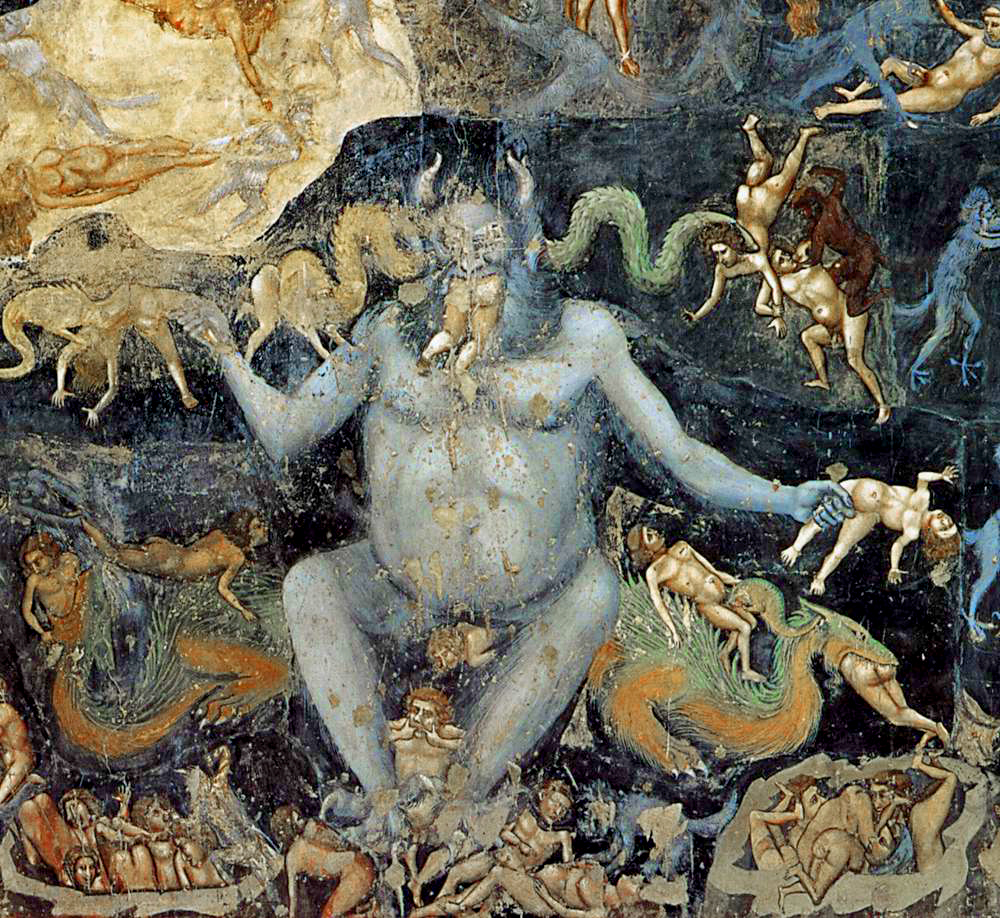

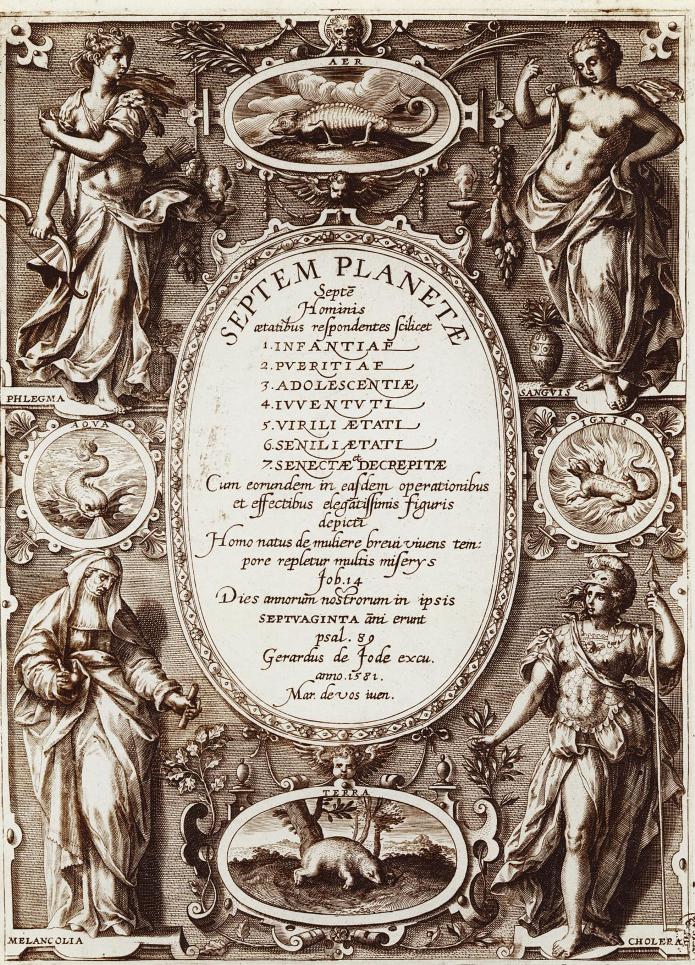
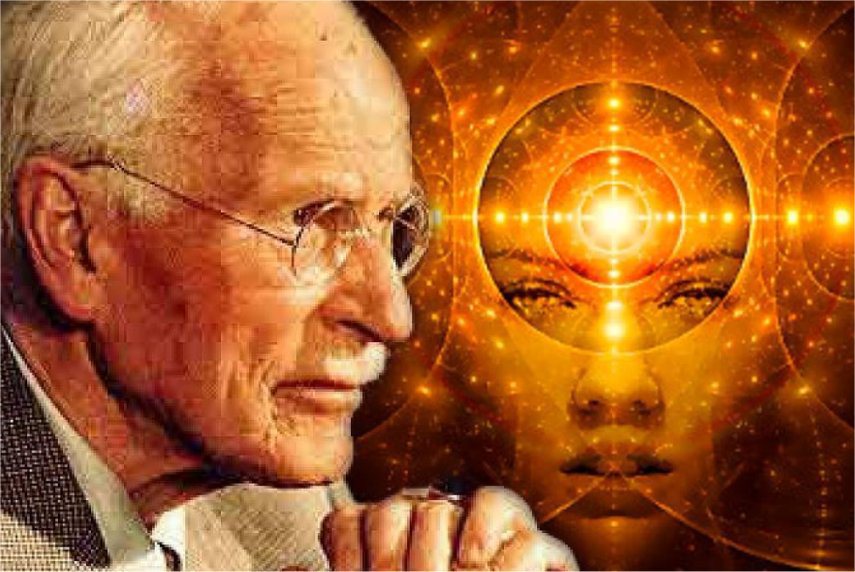
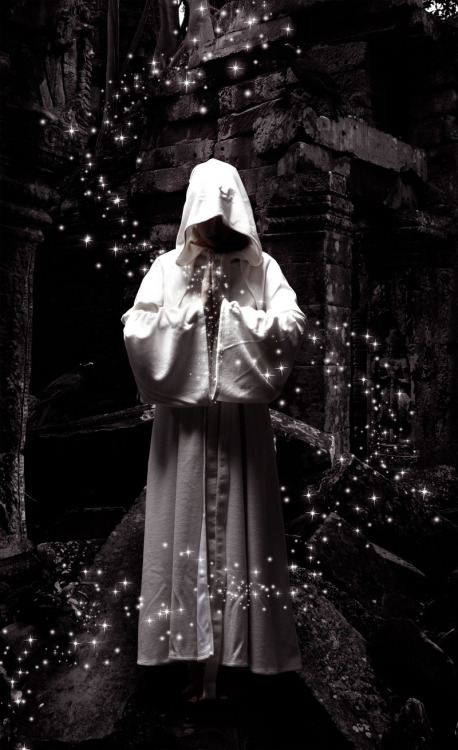
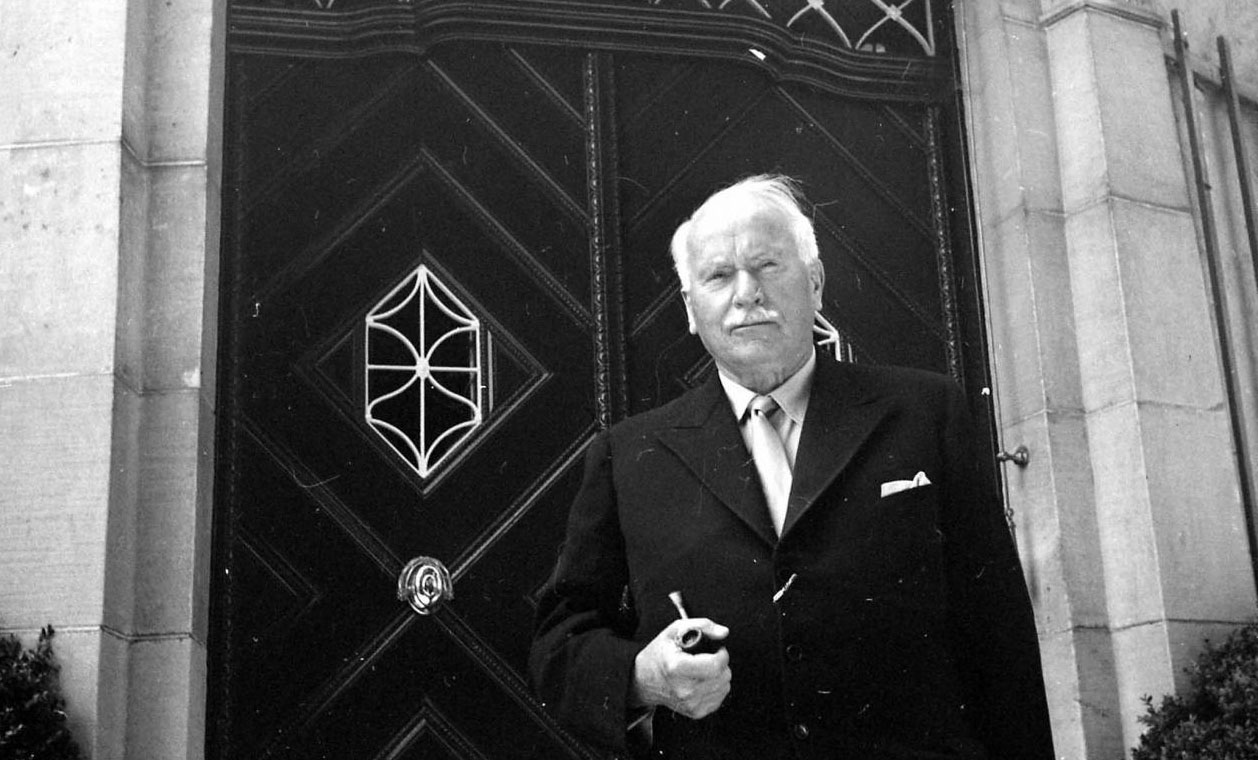
![How the South Saxons received Eadbert and Eolla, and the West Saxons, Daniel and Aldhelm, for their bishops; and of the writings of the same Aldhelm [705 A.D.] | Book 5 | Chapter 17 How the South Saxons received Eadbert and Eolla, and the West Saxons, Daniel and Aldhelm, for their bishops; and of the writings of the same Aldhelm [705 A.D.] | Book 5 | Chapter 17](https://www.gnosticwarrior.com/wp-content/plugins/contextual-related-posts/default.png)